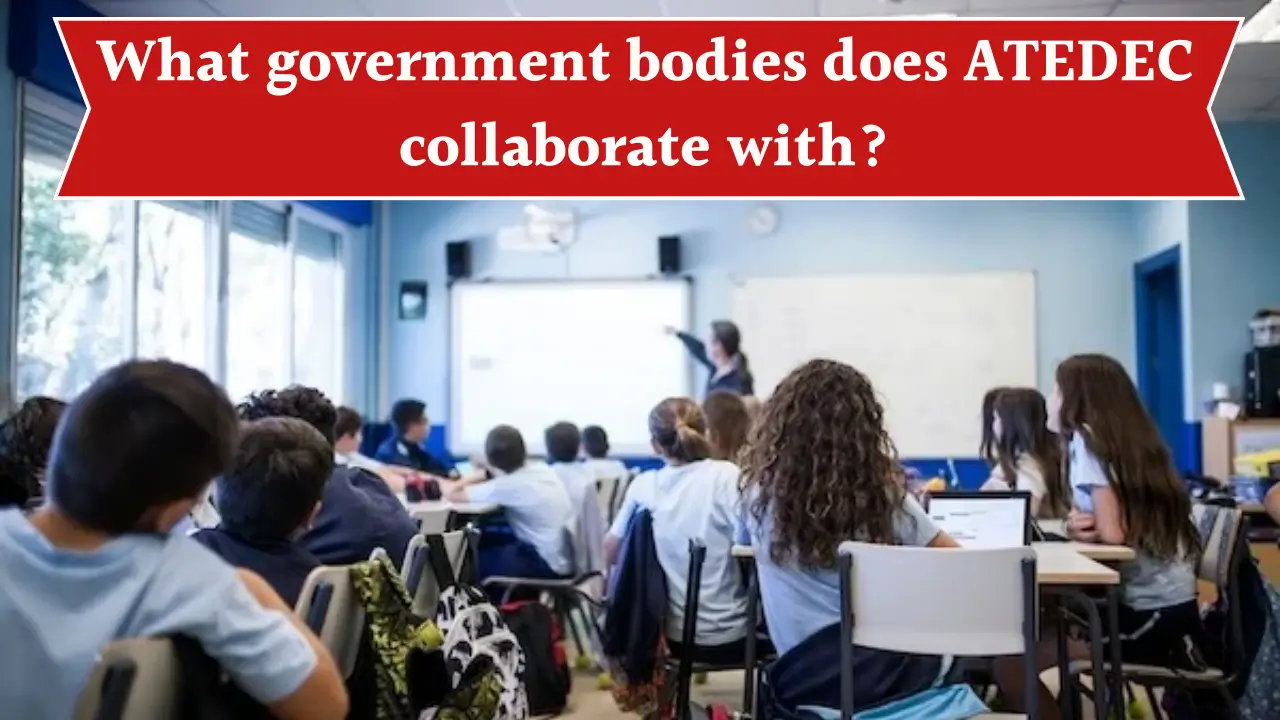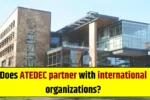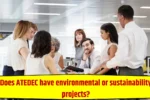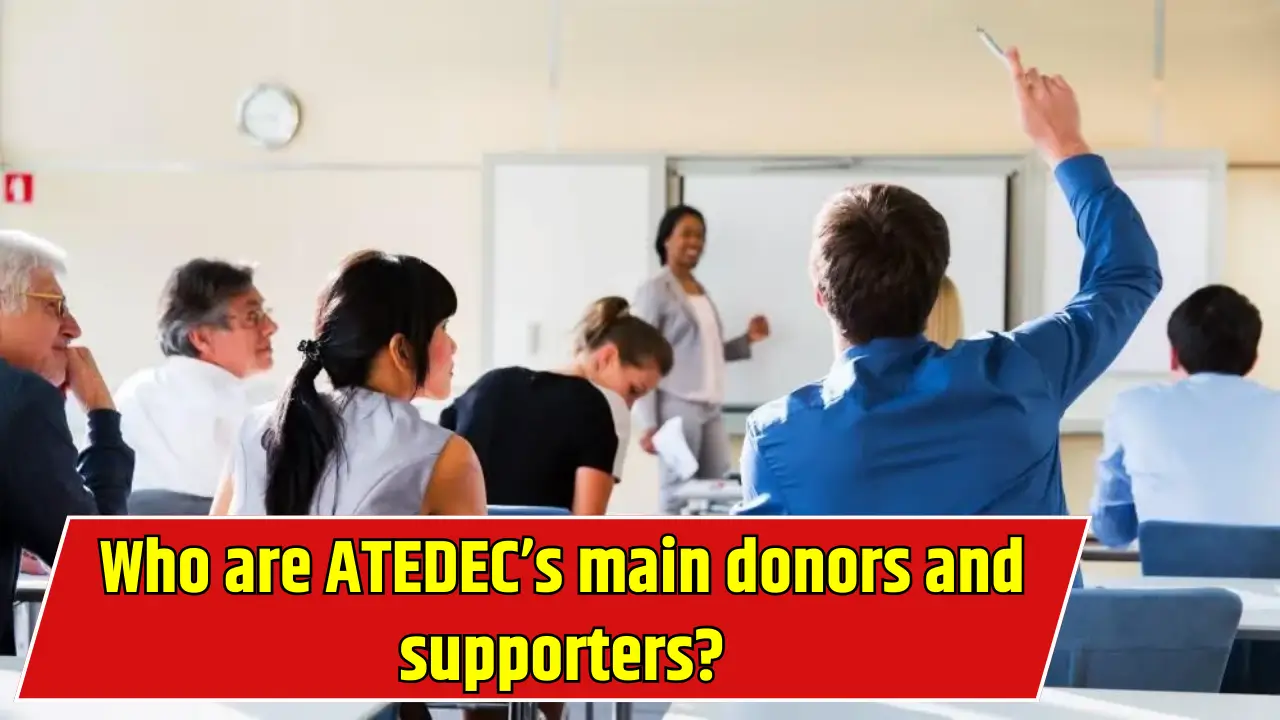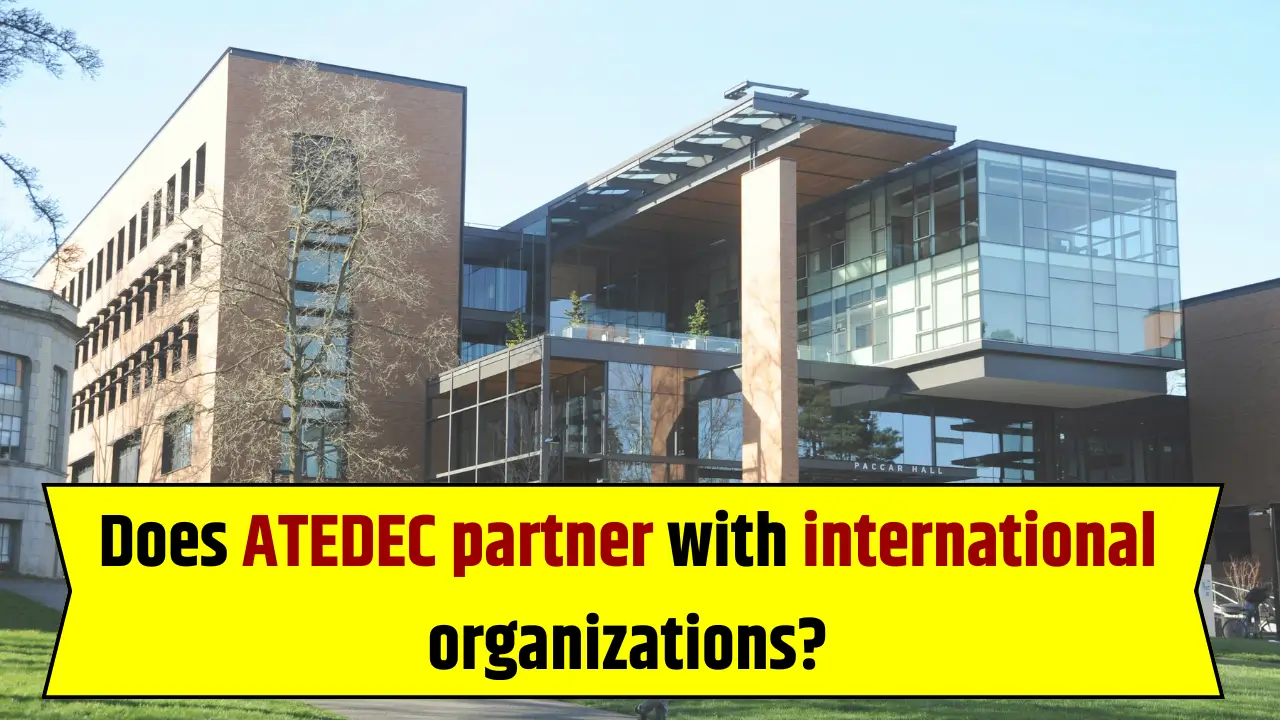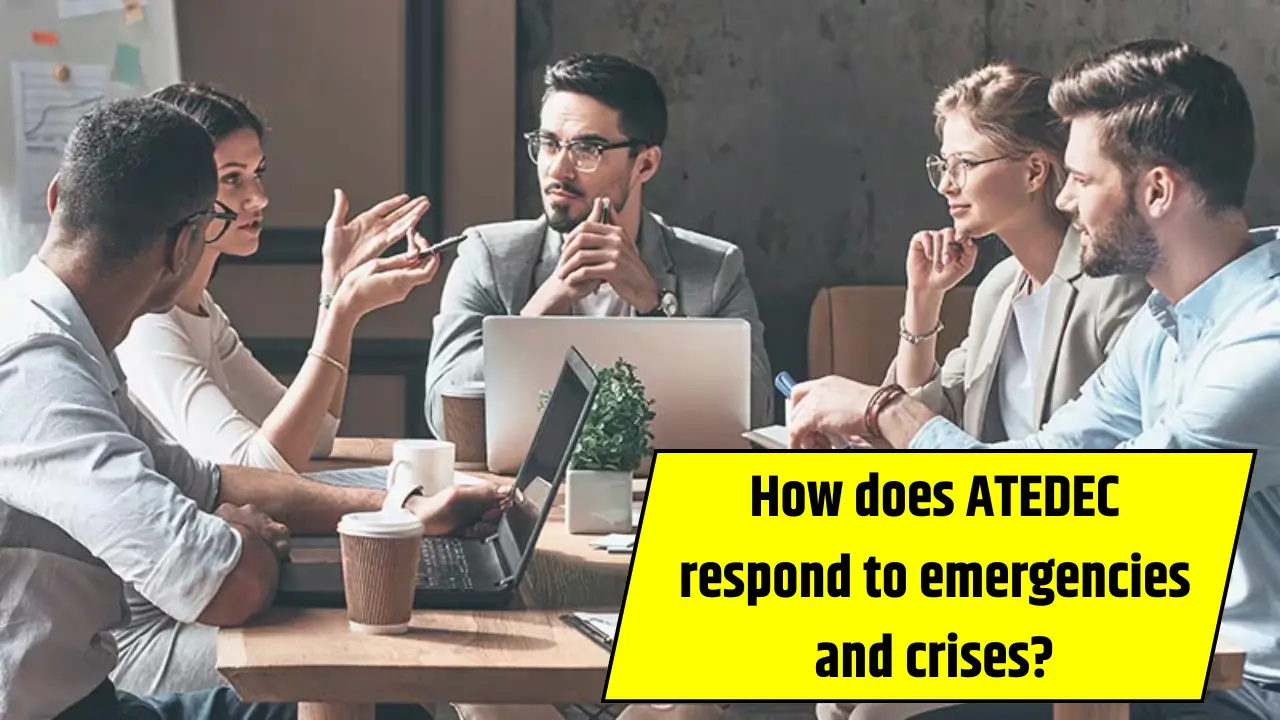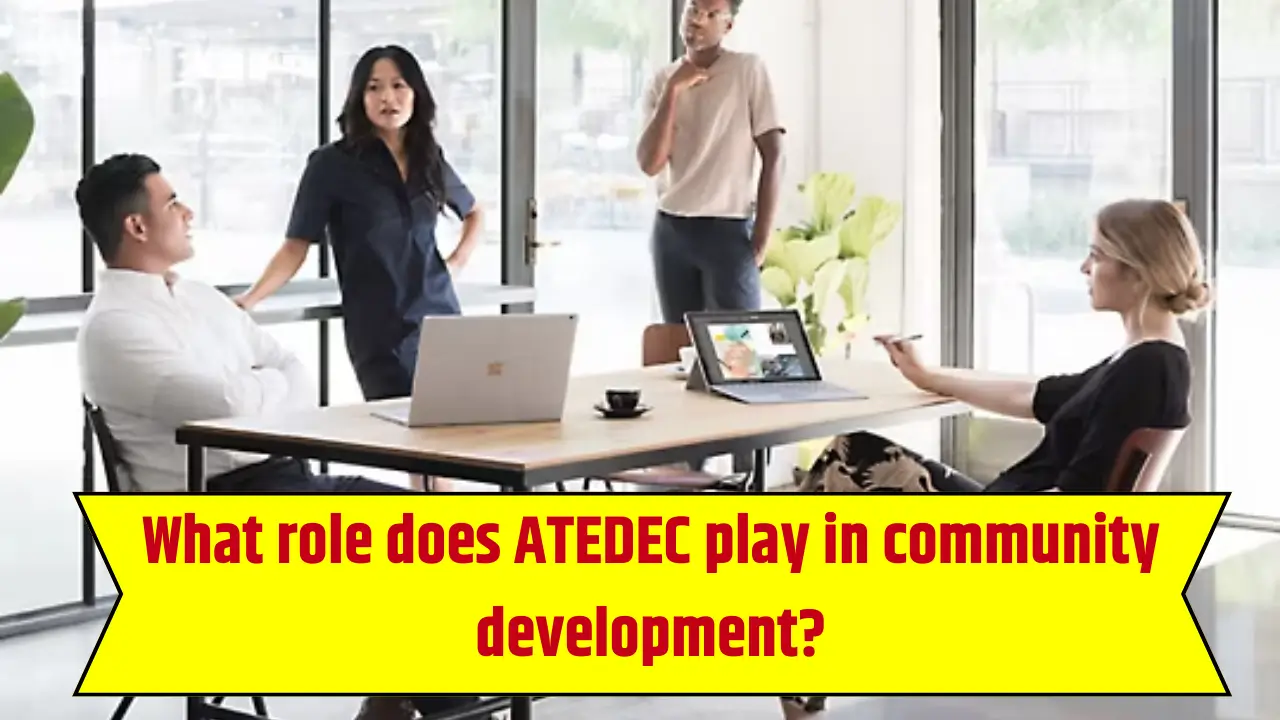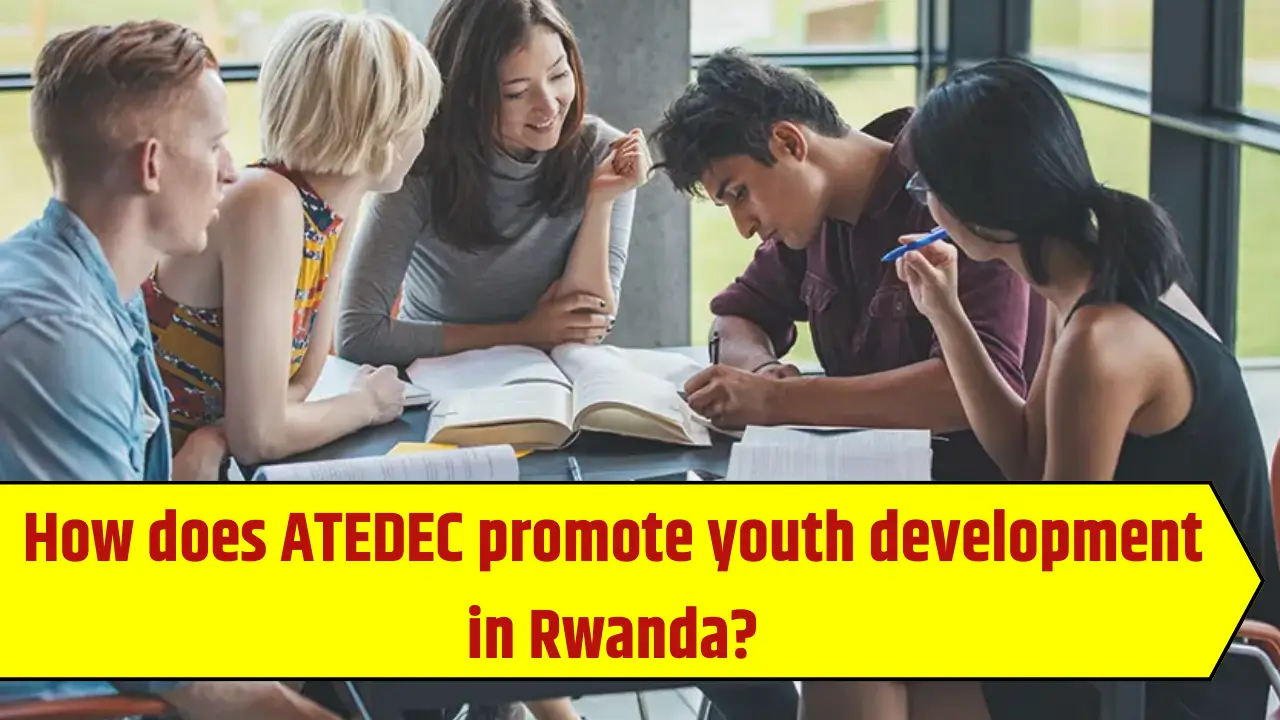ATEDEC (Action Technique pour un Developpement Communautaire) stands as a pillar of Rwanda’s civil society, orchestrating humanitarian and development initiatives in partnership with a variety of government agencies.
By collaborating with national and local government bodies, ATEDEC not only enhances its reach and impact but also aligns its community-driven programs with Rwanda’s policy landscape and development goals.
This article presents a detailed overview of the government bodies ATEDEC works with, the nature of these collaborations, program alignment with national priorities, and recent updates—showcasing how public sector partnerships empower sustainable change in Rwanda.
The Significance of Public Sector Collaboration
Why Does ATEDEC Work With Government?
- Policy Alignment: Ensures programs reflect and support Rwanda’s Vision 2050 and National Strategies for Transformation.
- Program Legitimacy & Scale: Government partnerships provide legitimacy and allow project expansion to more regions.
- Resource Mobilization & Technical Support: Helps ATEDEC access government grants, technical expertise, and infrastructural resources.
- Integration & Sustainability: Facilitates the integration of local projects within national health, education, gender, youth, and agriculture strategies, ensuring lasting impact.
Key Government Bodies Partnered With ATEDEC
Central Ministries
| Government Body | Role in Collaboration | Key Joint Initiatives |
| Ministry of Local Government (MINALOC) | Overseeing community development, decentralization, and social protection policies | Resettlement, reintegration, social protection projects |
| Ministry of Education (MINEDUC) | Educational policy, curriculum approval, teacher capacity building | School construction, scholarships, learning centers |
| Ministry of Health (MOH) | Health service delivery, epidemic response, maternal and child health | Health outreach, HIV/AIDS awareness, nutrition programs |
| Ministry of Gender and Family Promotion (MIGEPROF) | Gender mainstreaming, women and youth empowerment, GBV prevention | Women cooperatives, girl-child scholarships, GBV advocacy |
| Ministry of Agriculture and Animal Resources (MINAGRI) | Promoting rural livelihoods and food security | Farmer cooperatives, climate-smart agriculture |
Local Governments and District Authorities
- District offices in Western, Southern, Eastern, and Kigali City provinces coordinate local program implementation, beneficiary selection, and community engagement under decentralization policies.
- Sector and cell-level government representatives participate in project steering committees and community consultative forums.
Specialized Agencies and Boards
- Rwanda Development Board (RDB): Partnership for entrepreneurship and vocational skills incubation.
- National Youth Council: Co-development of youth empowerment and employability initiatives.
- Rwanda Environment Management Authority (REMA): Collaborations on environmental sustainability and climate adaptation.
- Water and Sanitation Corporation (WASAC): Implementation of water supply and WASH projects.
Program Areas for Public Sector Partnerships
| Program Area | Government Partners | Collaboration Approach |
| Resettlement & Housing | MINALOC, district offices | Housing allocation, local project monitoring |
| Education & Training | MINEDUC | Curriculum, scholarships, school infrastructure |
| Health & Nutrition | MOH, local health centers | Maternal/child health outreach, vaccination |
| Women Empowerment | MIGEPROF, Gender Desks | Co-operatives, skills training, gender equality campaigns |
| Youth Skills Development | National Youth Council, MINEDUC | Vocational centers, youth leadership forums |
| Agriculture & Food Security | MINAGRI, local offices | Farmer training, agri-inputs distribution |
| WASH & Water Projects | WASAC, district governments | Water point installation, hygiene education |
| Environment & Climate | REMA, district authorities | Reforestation, environmental awareness |
Impact & Achievements Through Government Collaboration
- Thousands of displaced families resettled with government-backed housing and land support.
- Elevated literacy and school enrollment via joint educational programs and scholarships.
- Improved health outcomes through coordinated maternal/child health and disease prevention campaigns.
- Empowered women and youth through public sector-backed cooperatives and vocational training.
- Expanded farmer access to agri-inputs and climate-resilient methods through ministry-supported initiatives.
- Greater water and sanitation coverage owing to local government and WASAC projects.
Governance and Collaborative Decision-Making
ATEDEC employs a transparent governance structure:
| Level | Role in Government Partnership |
| Board of Directors | Strategic direction, legal compliance |
| Executive Director | Liaison with government ministers, agencies |
| Program Managers | Day-to-day coordination and reporting |
| Field Officers | Local implementation with district authorities |
| Community Volunteers | Support on the ground and feedback collection |
Key principles: Evidence-based planning, community involvement, collective and government participation.
Latest Government Partnership Updates (2025)
- Contribution to UNSDCF 2025–2029: ATEDEC collaborated closely with MINALOC and Ministry of Finance in the framework led by the United Nations, securing new joint programs in inclusive health, gender, and climate initiatives.
- Participation in EALGF Forum: In July 2025, ATEDEC joined the East African Local Government Forum with MINALOC, fostering cross-border and regional development cooperation.
- District-Level Expansion: New memorandums with district offices in Nyamasheke, Bugesera, and Ruhango to expand health, women’s empowerment, and WASH projects.
- Women Empowerment & Gender Response: Enhanced multi-ministry partnerships in support of girl-child and gender-based violence advocacy alongside MIGEPROF.
- Sustainable Farming Collaboration: Joint demonstration plots with MINAGRI to scale climate-smart agriculture.
- Education Innovations: Partnerships with MINEDUC and local school boards for rollout of digital learning centers for vulnerable youth.
Summary Table: Public Sector Collaboration at a Glance
| Area | Main Government Partner(s) | Recent Initiative (2025) |
| Community Development | MINALOC, district offices | New resettlement and social protection programs |
| Education | MINEDUC, local school boards | Digital learning centers, teacher training |
| Health | MOH, health centers, MINALOC | Expanded maternal/child health initiatives |
| Women Empowerment | MIGEPROF, district gender desks | Expanded GBV and women’s co-op programs |
| Youth Development | Nat’l Youth Council, MINEDUC | Leadership camps, vocational expansion |
| Agriculture | MINAGRI, local offices | Climate-resilient farming demonstrations |
| WASH | WASAC, districts, MINALOC | New water points, hygiene campaigns |
| Environment | REMA, district authorities | Reforestation and awareness campaigns |
Challenges in Collaboration and Solutions
Challenges
- Coordination across multiple agencies and bureaucracy.
- Resource constraints and scaling issues.
- Adapting to regulatory changes and compliance requirements.
- Maintaining transparency in joint program implementation.
Solutions
- Regular consultative meetings and joint monitoring mechanisms.
- Community involvement in planning and evaluation.
- Leveraging ministry and local expertise for efficient delivery.
- Capacity-building workshops for staff and government partners.
Alignment with National Development Goals
ATEDEC’s collaborations are designed to support Rwanda’s Vision 2050, National Strategies for Transformation (NST2), and the Sustainable Development Goals—ensuring that every program is nationally integrated and supports:
| Program Area | Relevant Goal |
| Education | SDG 4: Quality Education |
| Gender & Women’s Rights | SDG 5: Gender Equality |
| Decent Work & Youth | SDG 8: Economic Growth/Youth Inclusion |
| Health | SDG 3: Good Health & Well-being |
| Climate & Environment | SDG 13: Climate Action |
| Sustainable Agriculture | SDG 2: Zero Hunger |
| Water & Sanitation | SDG 6: Clean Water/Sanitation |
Conclusion
ATEDEC’s partnership with diverse Rwandan government agencies forms the foundation for its broad impact and sustainability.
By working closely with ministries, local governments, and specialized agencies, the organization ensures its programs are relevant, scalable, and aligned with national policy—all while retaining a community-driven approach.
As of 2025, these collaborations enable ATEDEC to amplify its reach and drive transformative change, helping Rwanda build a more inclusive, resilient, and prosperous future.
